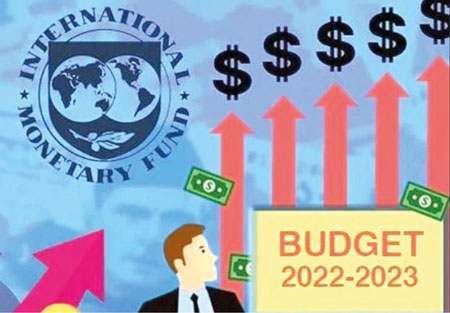Zubair Qureshi Islamabad
The federal budget 2022-23 has been presented at a time when Pakistan’s foreign exchange reserves are depleting drastically, credit rating has fallen and the government faces mounting pressure to improve economic indicators to further continue the IMF programme.
These views were expressed by Sustainable Development Policy Institute (SDPI) Executive Director Dr Abid Qaiyum Suleri at a seminar titled: SDPI’s Response on Budget 2022-23.
The federal budget, Dr Suleri said, is already in deficit as more than half of it has been allocated for the non-discretionary expenditures, including debt servicing and defence.
He was of the view that the government would have to arrange additional Rs 4.6 billion in loan to meet the fiscal year’s expenditures. He also predicted an impeding food crisis where food commodity prices will increase and an overall increase in inflation of nearly 15% is expected as an aftermath of the Russia Ukraine crisis.
Dr Vaqar Ahmed, SDPI Joint Executive Director, said that according to independent economists, inflation is projected to exceed 18pc instead of 11pc as projected by the federal government. At the same time, Rs 7 trillion tax collection goal set by Federal Bureau of Revenue is also less likely to be achieved. He said the country might get into hot waters with IMF over the issue of petroleum tax levy, which might have to be revised later.
The government has not demonstrated ingenuity to improve the redistribution of wealth by bringing the self-employed persons in the higher tax net, he said, adding that the overall impact of taxation in textile, automobile, construction, chemicals, food processing, fertilizers and IT sector will be negative due to regressive taxation.
However, the paper, pharmaceutical, solar energy as well as film and entertainment industry will experience positive impact of the tax exemptions.










